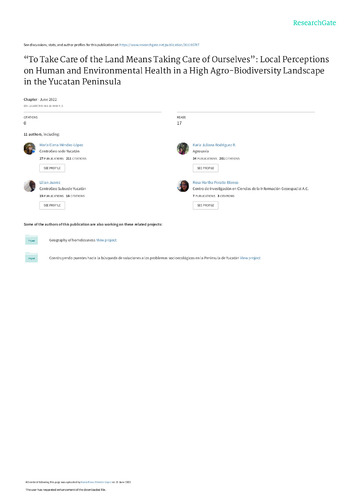Safeguarding the biodiversity associated with local foodways in traditionally managed socio-ecological production landscapes in Kenya
Degradation of socio-ecological production landscapes (SEPLs) triggered mainly by the impoverishment of biodiversity and the increasing incidence of climate catastrophes significantly challenges human health and food and nutritional security. Critical concern needs to be placed on ensuring both human and ecosystem health and contributing to nutrition-sensitive local food production and protection of SEPLs. As case points, we describe herein a few interventions and their impacts in promoting the conservation, cultivation, consumption, and commercial aspects regarding the medicinal and food plant diversity of a biocultural diversity hotspot in the Malabar region of India. The local communities of this region have historically possessed a wide array of local health traditions (LHTs) and local food baskets (LFBs) based on a landscape approach. Yet, this richness is being eroded or oversimplified, and as a result, many plants important for their local food and health value are becoming rare. The need for revitalisation of the LHTs and LFBs through homestead and landscape-level interventions is discussed in view of human immunity to infectious diseases. Recommendations are also suggested to address some of the policy gaps in promoting the sustainable management of SEPLs.

